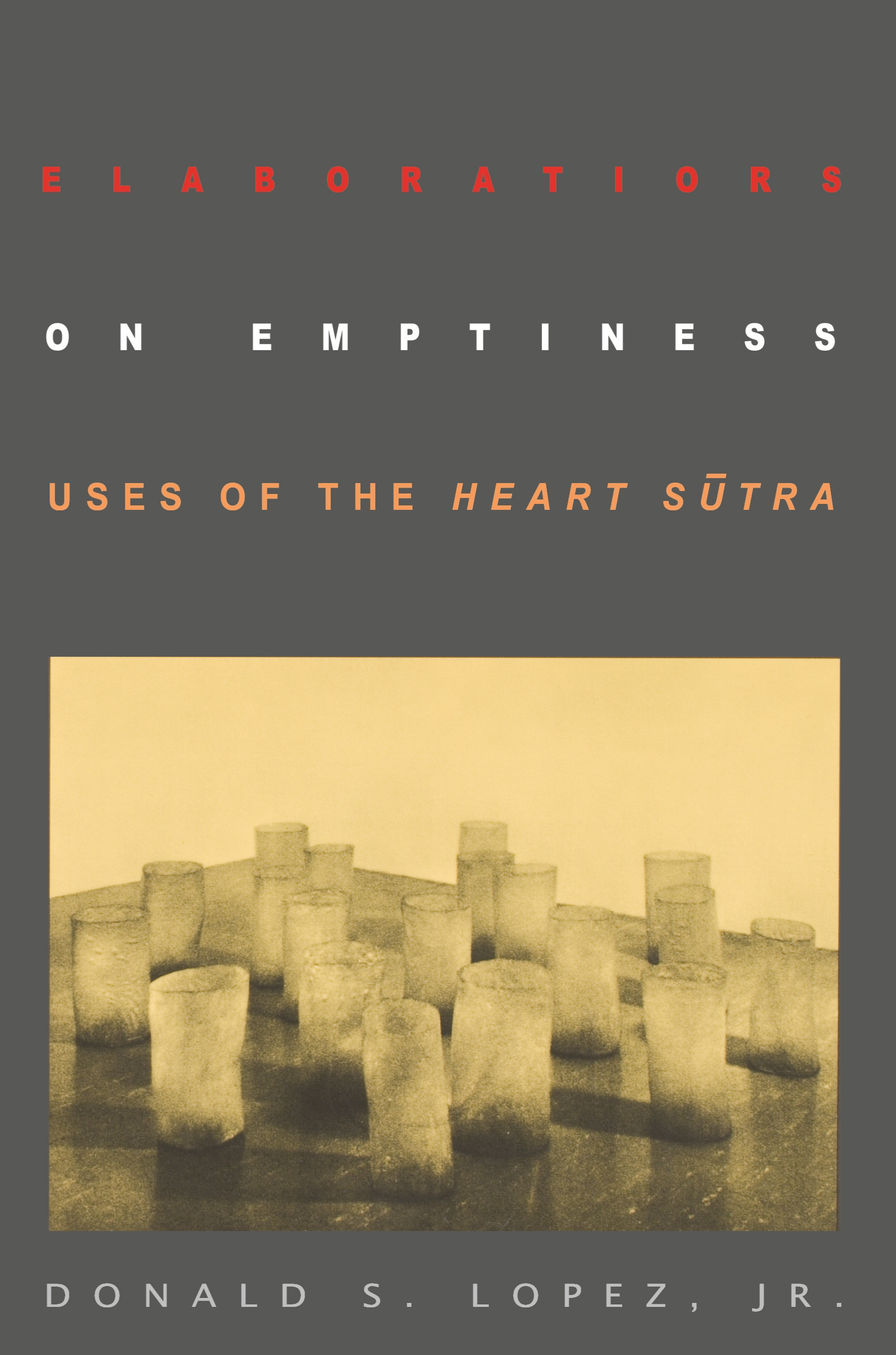
The Book of Form and Emptiness, her most recent novel, has been nominated for the 2022 Women’s Prize for Fiction. It’s also for those who love to have their minds messed with in the best possible way.

Ruth Ozeki has written a novel for fans of beautiful and engaging storytelling who enjoy likable, flawed characters and would like to have their prose steeped in Buddhist philosophy. This is a modern reading experience that speaks to deeper truths and Buddhist philosophy as a gift. Nevertheless, its general theme is in tune with the fashions of the day, so I expect it will sell handsomely.THE BOOK OF FORM AND EMPTINESS: A novel Ruth Ozeki A cold-eyed, cold-hearted editor might have cut the book by half and improved it no end. And Emptiness in a novel usually means boredom. This novel has, as I say, good passages, but there is little sign of a respect for Form and vast areas of Emptiness.

So, for instance, when she found a picture of Apollo 11 astronauts in her new house, Benny became – had to become? – “a moon obsessive.” Well, anyone writing a novel may be pleased to happen on some unexpected fact or notion which might possibly enrich it, but, as often as not it’s wiser to reject it if it threatens to wrench the narrative in a new direction.

In an interview she said that if she happened on something new or interesting when she was working on this book she would put it in the novel. She proclaims and preaches respect for all living things, indeed for inanimate objects also, but not, it seems, for the craft of fiction. Given that Ozeki is an intelligent and talented writer, capable of presenting us with good scenes and genuine emotions, her self-indulgence is as irritating as it is disappointing. If, however, you think a spoon can speak of its sorrows, this may be your sort of novel. So we have writing around Benny’s distress and pain, and there is a general and tedious fuzziness to much of the novel. This is flapdoodle, the sort of thing that means nothing at first reading and nothing at any subsequent one. It’s the sound of a young person finding his voice, and in the world of books this is nothing short of a miracle.” Apparently when a boy or a girl makes such a discovery “all of us, from the most ancient tablets inscribed in clay to the cheapest dime-store paperbacks, take note and rejoice because without your voices we wouldn’t exist.” Well, no neither such tablets nor paperbacks can rejoice. But then there are passages, often very long passages, described as being from The Book addressing the boy: “That fly on the wall isn’t a coping tool, Benny. All well and good and quite nicely done, when what happens is presented to us through Benny’s experience and from his point of view.


 0 kommentar(er)
0 kommentar(er)
